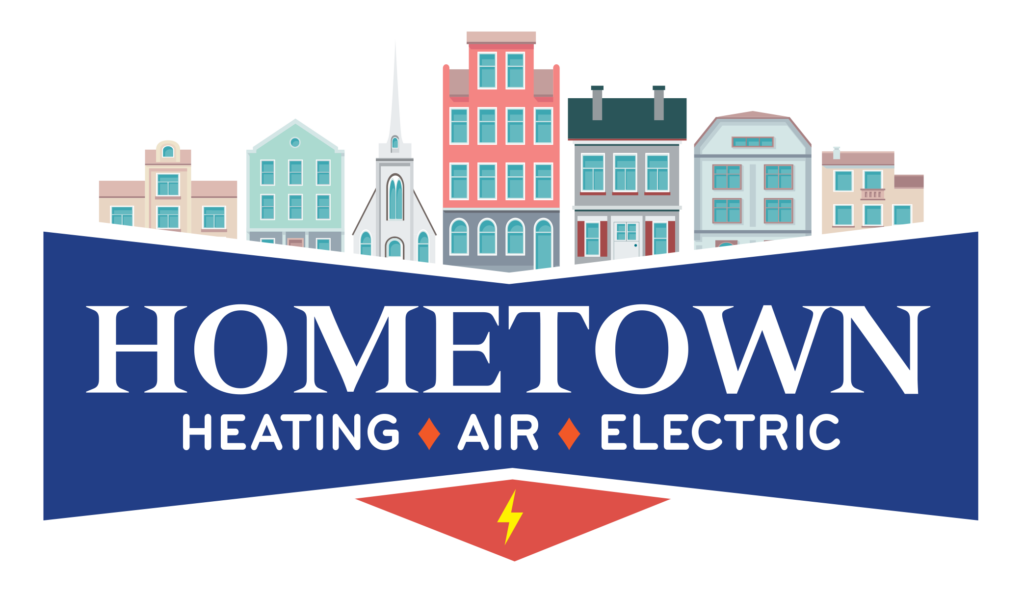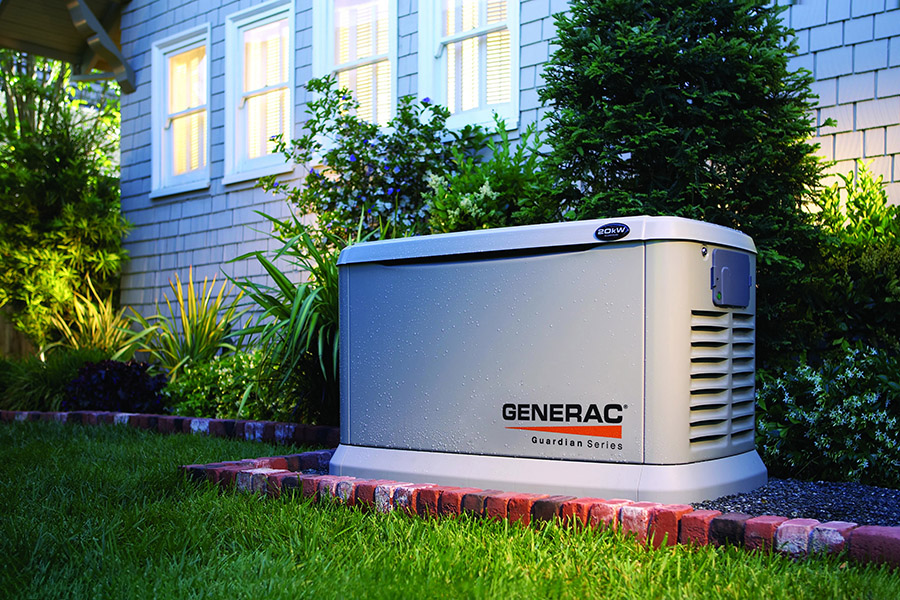As the frigid winds sweep through Wisconsin, the last thing you want is for your heating system to call it quits. A sudden loss of heat can be not only uncomfortable but also potentially dangerous, especially in the heart of winter. So, what do you do when your furnace decides to take an unscheduled vacation? Here’s a guide to help you navigate a heating emergency situation in the Badger State:
1. Check the Basics
Before panicking, ensure the basics are covered. Sometimes, the issue might be a simple fix.
- Verify your thermostat is set correctly, the circuit breakers are not tripped, and the furnace switch is in the “on” position.
- If all of those items are in the proper position, locate the emergency shut-off switch, typically located on the furnace itself. Ensure it’s turned on. If the switch is off, flipping it back on might resolve the problem.
- Finally, for those who have older furnaces with a pilot light, check if it’s still burning. If it’s out, relight it following the manufacturer’s instructions. If the pilot light won’t stay lit, it might indicate a deeper issue that requires professional attention.
2. Contact the Professionals
In Wisconsin where winter can be harsh, it’s crucial to have a reliable heating professional on speed dial. At Hometown Heating, Air & Electric, we’re here to help you in a heating emergency. Keep our contact information close by, so if an emergency situation happens, you’re ready and can contact us right away. It’s worth having this information handy for unexpected situations.
How to Contact Hometown Heating, Air & Electric:
- Call us at (262) 510-2215.
- In a non-emergency situation, visit our website.
- Follow us on Facebook to get recent updates.
3. Utilize Temporary Heating Solutions
In an emergency, you need warmth, and fast. If your situation is dire, you may have to wait a short time for help to come your way. Consider these temporary heating solutions while you wait:
- Blankets: While waiting for professional assistance, layer up in warm clothing and use blankets.
- Fireplace: If you have a fireplace, now is the time to use it as it’s a quick way to bring heat into your home.
- Oven: Bake something in your oven, and when finished, turn off your oven, but keep the door open to let in heat.
- Space Heaters: If you have electric space heaters, use them to provide temporary warmth.
- Sunshine: If it’s daytime and the sun is shining, open your blinds and curtains to let the sun in.
- Towels: Seal drafts with weather stripping or towels to keep as much warmth inside as possible.
While these solutions can be helpful in a heating emergency, remember to follow safety guidelines and use these options only as temporary solutions.
4. Employ Preventative Maintenance to Avoid Another Heating Emergency
Once the emergency is resolved, schedule preventive maintenance for your heating system. Regular inspections and tune-ups can catch potential issues before they become emergencies. Maintaining your furnace won’t just help during emergencies — it will also help keep your bills down and extend the lifespan of your heating equipment.
Remember, when facing a heating emergency in Wisconsin, acting promptly and seeking professional help is key. Stay warm and safe during the winter months, and don’t let a heating hiccup put a freeze on your comfort.
If you have any questions or want to schedule a furnace tune-up, please contact us. Don’t just survive the cold — but beat it with Hometown Heating, Air & Electric.


